The latest Levridge R2 update brings forth a game-changing feature – the enhanced product movement reporting functionality. This new design specifically focuses on streamlining the exporting of a product movement report.
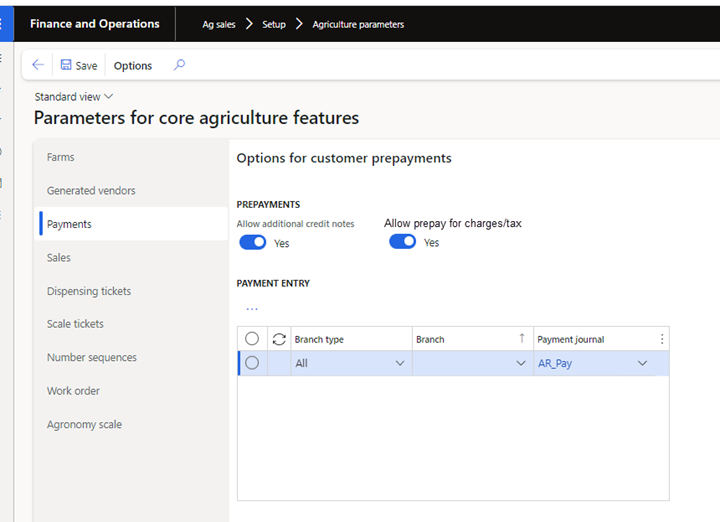
The latest enhancements in Ag Sales empower companies to apply prepayments exceeding the product total. This functionality extends to covering charge codes and sales/use tax, offering a comprehensive solution for businesses dealing with intricate sales scenarios.
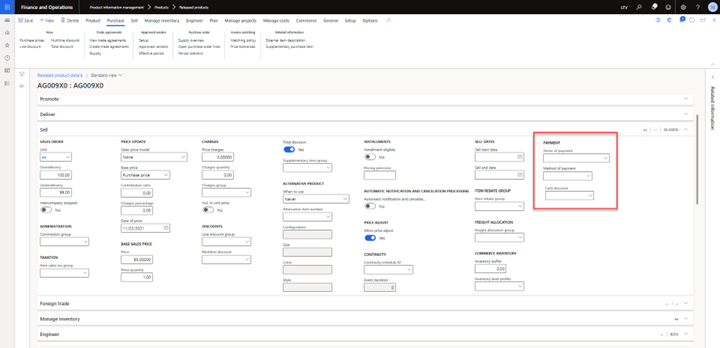
We are thrilled to announce an update that introduces a dynamic approach to payment terms. Understanding the unique needs of the industry, our latest release empowers you to set default terms of payment, method of payment, and cash discounts for specific items and customer combinations.
In this R2 release, we introduce a new feature, empowering food processors and milling companies to elevate their quality control measures. Now, you have the ability to run comprehensive tests on commodities and products as they enter or exit the processing pipeline.

Levridge, Inc., a leading agribusiness technology firm specializing in cutting-edge business solutions for the agricultural enterprise, announces a strategic partnership with The Arthur Companies, a renowned player in the ag industry. The Arthur Companies will make an investment in Levridge to fuel its growth and the development of modern cloud-based systems for agribusinesses. With a […]
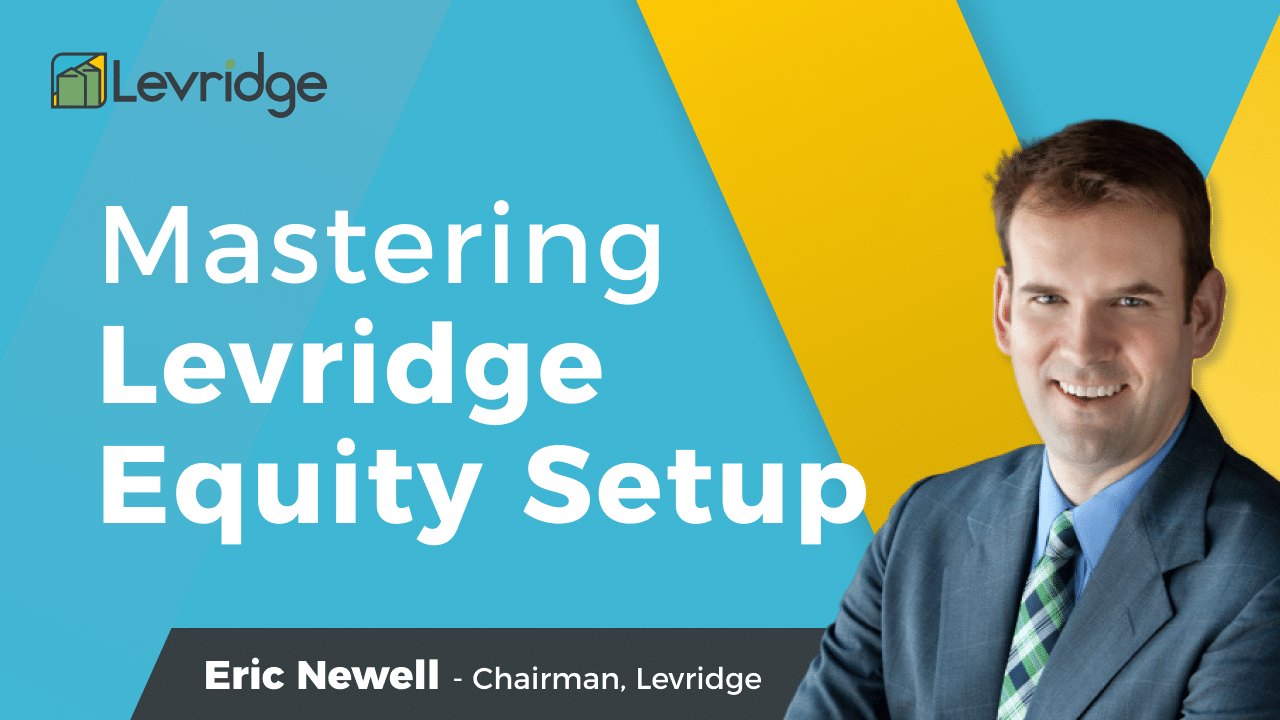
Managing equity within a cooperative is a crucial and often intricate process. From setting up stock classes to importing essential data, the initial steps of leveraging equity might seem overwhelming. However, with the right tools and solutions, the process can be simplified, efficient, and hassle-free. In this blog, we will explore how Levridge Equity offers […]
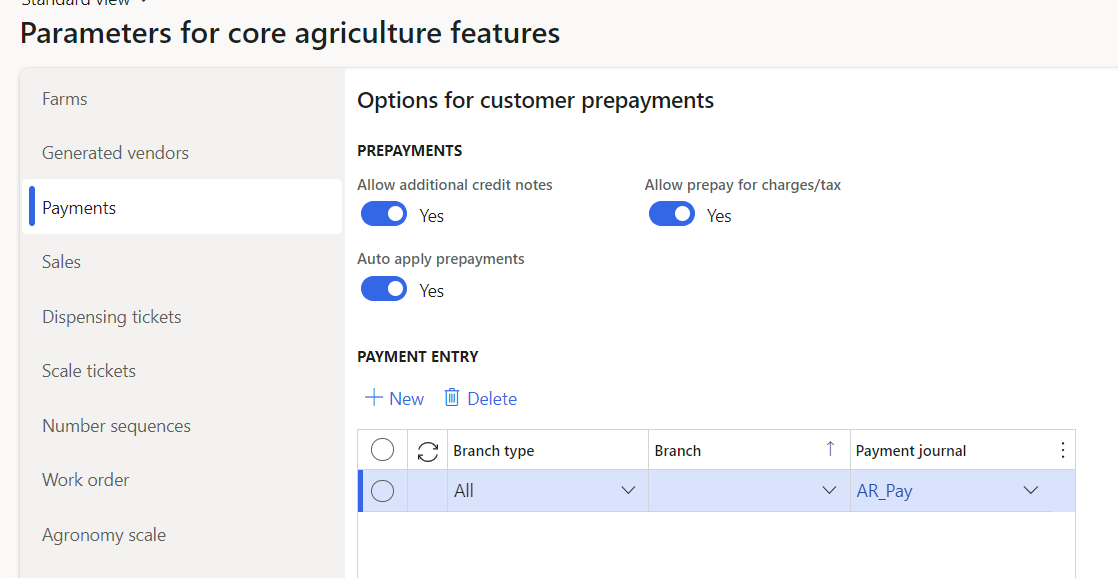
In release 2023 R2, Levridge has added the option to manually apply prepayments to your sales orders. By default, prepayments are automatically applied to sales order lines based on the customer and the item or item group used in the sales order line. However, with the 2023 R2 release, you can choose to consistently apply prepayments manually if you prefer.

In the realm of cooperatives, certain terms may not be recognized by spell-checkers or mainstream dictionaries, but they hold significant meaning within the cooperative community. One such term is “revolvement” or “revolving equity.” In this blog, we will discuss revolvement, understanding its purpose and significance in the context of cooperatives. As we explore this concept, […]
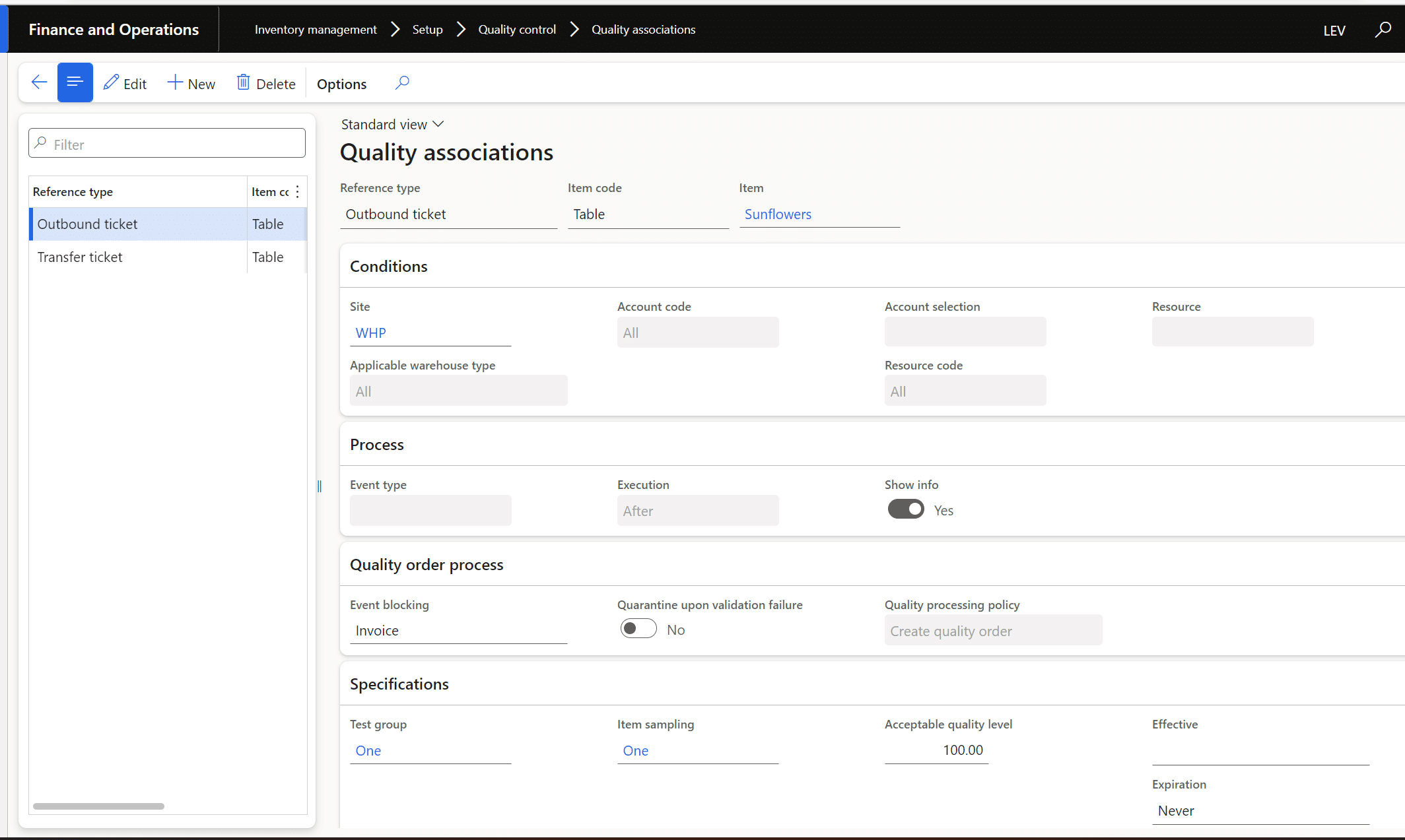
In release 2023 R2, Levridge is introducing a new feature that will enable you to generate quality orders from scale tickets. Microsoft Dynamics 365 Finance and Operations includes a native quality management module, designed to track the testing of various inventory product samples. With Levridge’s added functionality, the system can now create a corresponding quality order for inbound, outbound, or transfer scale tickets.

Tax season can be a complex and daunting time for many individuals and businesses alike. For cooperatives, there is a specific tax form that must be filed to comply with IRS regulations – the 1099-PATR form. In this blog, we will cover cooperative tax reporting and explore the key aspects of the 1099-PATR form, shedding […]